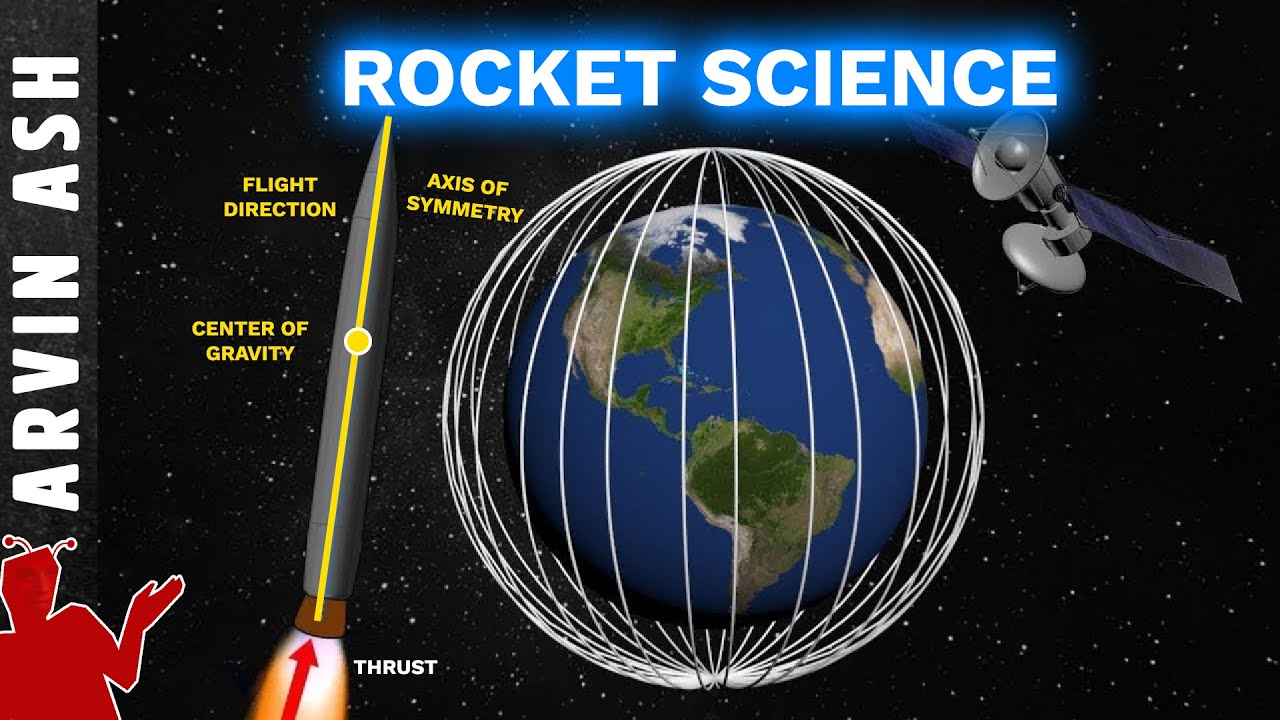GPS, How does it work? | ICT #12
Summary
TLDRThe video script delves into the fascinating world of GPS technology, explaining how it utilizes a constellation of 24 satellites and the concept of trilateration to pinpoint locations. It highlights the critical role of atomic clocks and Einstein's theory of relativity in ensuring accuracy, as even tiny time discrepancies can lead to significant location errors. The script clarifies that GPS doesn't require an internet connection but can benefit from it for faster startup. It concludes by emphasizing the importance of these complex technologies in our everyday lives, from food delivery tracking to car navigation.
Takeaways
- 🌐 GPS is a critical technology that relies on a network of 24 satellites to provide location services worldwide.
- 📍 To accurately pinpoint a location, GPS uses a minimum of four satellites, employing the mathematical concept of trilateration.
- ⏱️ Atomic clocks on satellites are crucial for GPS as they provide precise timekeeping, essential for calculating distances based on signal travel time.
- 📱 The time error of mobile devices is a significant concern in GPS accuracy, as even a tiny error can lead to substantial location inaccuracies.
- 🔄 Albert Einstein's theory of relativity is integral to GPS, accounting for time dilation effects due to the speed and gravity experienced by satellites.
- 📊 Trilateration in 3D space requires three satellites to narrow down a location to two possible points, with a fourth satellite used to determine the correct one.
- 📶 The GPS system measures the distance between the satellite and the receiver by sending a signal with a timestamp, which the receiver uses to calculate distance.
- 🕰️ Receivers in smartphones use crystal clocks, which are less accurate than atomic clocks, necessitating a correction for the time offset in GPS calculations.
- 🌌 GPS does not require an internet connection to function, but internet assistance can speed up the GPS startup process by providing satellite information more quickly.
- 🛰️ Modern GPS receivers often use a combination of GPS and other navigation systems to enhance location accuracy and reliability.
Q & A
How many satellites are required for GPS to track a location?
-At least four satellites are required to track a location using GPS.
What is the role of trilateration in GPS technology?
-Trilateration is a mathematical technique used in GPS to determine someone's position by measuring distances from at least three satellites to the receiver.
Why do GPS satellites carry atomic clocks?
-GPS satellites carry atomic clocks to provide highly accurate time measurements, which are essential for calculating distances and positions with precision.
How does the speed of light affect GPS calculations?
-The speed of light is crucial in GPS calculations because the time it takes for a signal to travel from a satellite to a receiver is used to calculate the distance, and any delay, even in microseconds, can result in significant location errors.
What is the significance of Albert Einstein's theory of relativity in GPS?
-Einstein's theory of relativity is significant in GPS because it accounts for the time dilation effects on the atomic clocks due to their high speed and the weaker gravitational field at the satellites' altitude, ensuring more accurate positioning.
Why do GPS receivers need at least four satellites to determine a location?
-GPS receivers need at least four satellites to determine a location because, in addition to the three spatial coordinates, they also need to calculate the time offset of the receiver's clock, which requires an extra measurement.
How does the GPS system compensate for the inaccuracies in a smartphone's clock?
-The GPS system compensates for the inaccuracies in a smartphone's clock by using the fact that the time offset is the same for all satellites, treating the time offset as an additional unknown to be solved along with the three spatial coordinates.
Does GPS require an internet connection to function?
-GPS does not require an internet connection to function. However, an internet connection can speed up the GPS startup process by downloading satellite location information more quickly.
What is the impact of special relativity on the GPS satellites' atomic clocks?
-According to special relativity, the atomic clocks on GPS satellites moving at high speeds slow down by about seven microseconds every day due to their motion.
How does general relativity affect the GPS satellites' atomic clocks?
-General relativity causes the atomic clocks on GPS satellites to tick slightly faster at their altitude due to experiencing a weaker gravitational field, resulting in a faster rate by about 45 microseconds every day.
What is the net effect on the atomic clocks in GPS satellites due to relativity?
-The net effect on the atomic clocks in GPS satellites due to relativity is a daily offset of about 38 microseconds, which is accounted for by adjusting the clocks' rates using a relativity equation.
Outlines

This section is available to paid users only. Please upgrade to access this part.
Upgrade NowMindmap

This section is available to paid users only. Please upgrade to access this part.
Upgrade NowKeywords

This section is available to paid users only. Please upgrade to access this part.
Upgrade NowHighlights

This section is available to paid users only. Please upgrade to access this part.
Upgrade NowTranscripts

This section is available to paid users only. Please upgrade to access this part.
Upgrade Now5.0 / 5 (0 votes)





